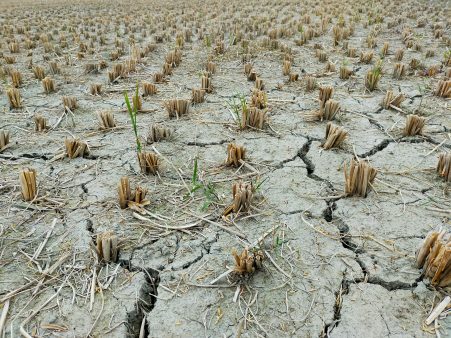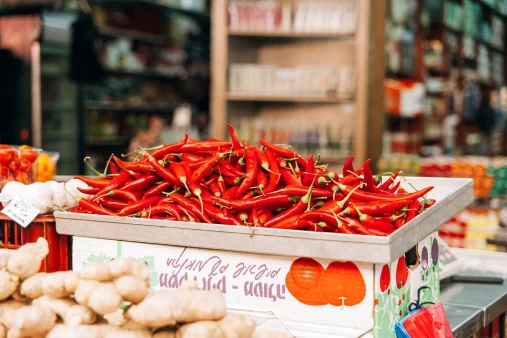Tag: World Economic Forum

Land Degradation: Why Investing in Land is a Business Imperative for a Sustainable Future
Global: Land is essential to all natural and human systems. By investing in its restoration and conservation, we can reverse land degradation.
Read MoreUsing AI for Agriculture: How Farmers in India Could Inspire the World
Asia: An AI for Agriculture initiative in India is already showing promising results for farmers, from planting to harvesting and selling of chilli.
Read More

